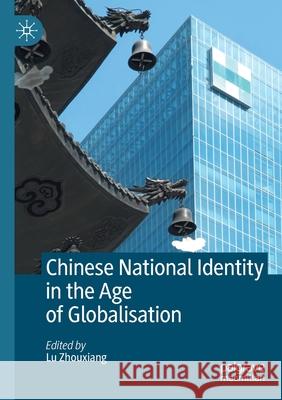Chinese National Identity in the Age of Globalisation » książka
topmenu
Chinese National Identity in the Age of Globalisation
ISBN-13: 9789811545405 / Angielski / Miękka / 2021 / 439 str.
Chinese National Identity in the Age of Globalisation
ISBN-13: 9789811545405 / Angielski / Miękka / 2021 / 439 str.
cena 645,58
(netto: 614,84 VAT: 5%)
Najniższa cena z 30 dni: 578,30
(netto: 614,84 VAT: 5%)
Najniższa cena z 30 dni: 578,30
Termin realizacji zamówienia:
ok. 16-18 dni roboczych.
ok. 16-18 dni roboczych.
Darmowa dostawa!
Kategorie BISAC:
Wydawca:
Palgrave MacMillan
Język:
Angielski
ISBN-13:
9789811545405
Rok wydania:
2021
Wydanie:
2020
Ilość stron:
439
Waga:
0.60 kg
Wymiary:
21.01 x 14.81 x 2.62
Oprawa:
Miękka
Wolumenów:
01
Dodatkowe informacje:
Wydanie ilustrowane











